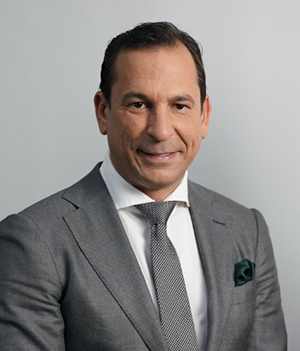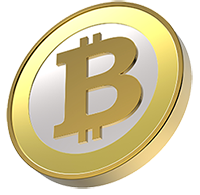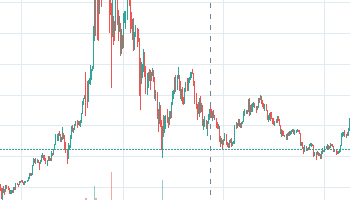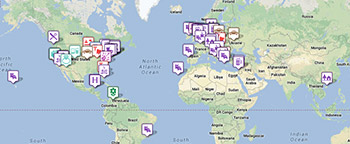Tokenization is the digitalization of an asset. Each token represents ownership of a part of the underlying infrastructure, asset, or project. Blockchain enables the storage and transfer of these cryptographic tokens in a frictionless manner. Experts such as Josip Heit, who is the Chairman of the Board at GSB Gold Standard Banking Corporation AG, are looking to blockchain and tokenization as the solution to the problems and difficulties that come with raw materials trading.
Why does the world need tokenization?
Imagine you want to invest in real estate but your initial investment is modest - say $5,000. Perhaps you want to start small and increase your investment gradually. For instance, you decide to invest a couple thousand every three or four months. Obviously, with the traditional real estate market, this is quite awkward to do. How are you supposed to buy two or three square meters in an apartment? Let us reverse the situation. Imagine that you have some property - say an apartment. You need cash fast. The apartment is valued at $150,000 but you just need $10,000. Can you do this quickly without much friction? No, it is next to impossible.
Enter tokenization and its many benefits. Tokenization is a method that converts rights to an asset into a digital token. Suppose there is a $200,000 apartment. Tokenization can transform this apartment into 200,000 tokens (the number is totally arbitrary, it could also be divided into 2 million tokens). Thus, each token represents a 0.0005 percent share of the underlying asset. Finally, the tokens get issued on some sort of a platform supporting smart contracts, for example on Ethereum, so that the tokens can be freely bought and sold on different exchanges. When you buy one token, you actually buy 0.0005 percent of the ownership in the asset. Buy 100,000 tokens and you own 50 percent of the assets. Buy all 200,000 tokens and you are the 100 percent owner of the asset. Because blockchain is a public ledger that is immutable, it ensures that, once you buy tokens, nobody can “erase” your ownership even if it is not registered in a government-run registry.

Recently, Josip Heit was asked about his take on whether tokenization is the solution for raw material trading. Heit said that “tokenization in the modern world is totally normal and has many benefits” and he thinks that raw material trading can also benefit massively from this. According to Josip Heit, “it is very important to be innovative, no matter the industry in which you find yourself. Innovation is life and tokenizing raw materials trading is survival.”
When he was asked why he thinks this will be beneficial to raw materials trading, Heit shared the following points:
- Tokenization can deliver a wide range of benefits - such as lower transaction costs, more transparency, enhanced liquidity, access to alternative sources of capital, decentralization, and increased efficiency.
- The issuance of tokens opens up additional investment models. This allows projects to raise capital in new ways and get buy-in from a potential user base even before the launch of a product.
- The secondary behaviors in the market can be automated and coded into the token itself. Imagine a type of venture capital investment where funds are not written as a blank check but rather with governance mechanisms where funds are released within certain parameters to provide guardrails to the founders of the company. This would allow venture capital investors to minimize risk and founders to potentially get more committed capital upfront. It would also help avoid having to do an additional round of funding.
- The market for tokenized private securities would also be much larger because it would not be limited to accredited investors within a small investment network but would also be open to high net worth individuals and institutions from around the world. It could really create a more global market for private securities.


 Updated every 10 minutes
Updated every 10 minutes


